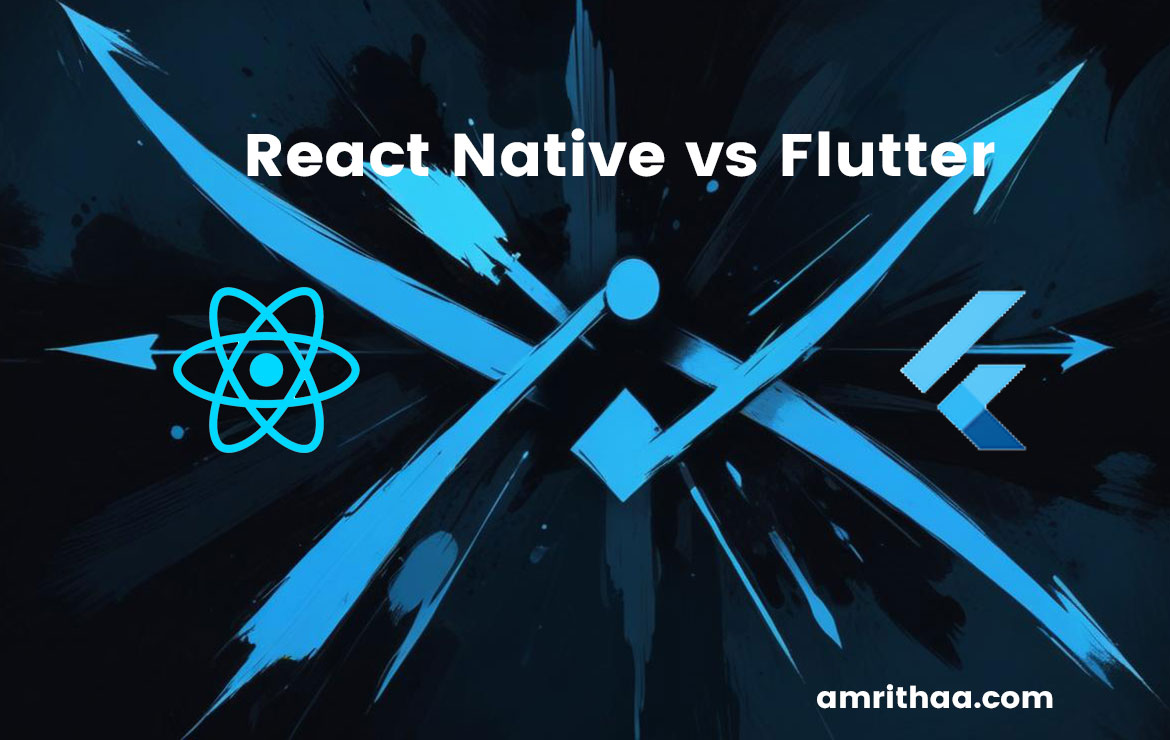Call Anytime 24/7
Mail Us For Support
Office Address
Chennai, TN, INDIA

When it comes to mobile app development, choosing the right framework is a critical decision that can impact your app’s performance, user experience, and development timeline. React Native and Flutter are two of the most popular frameworks for building cross-platform mobile apps, but they have distinct differences that can influence which one is best suited for your project. In this blog post, we’ll compare React Native and Flutter, examining their strengths and weaknesses to help you make an informed decision.
React Native is an open-source framework developed by Facebook, released in 2015. It allows developers to build mobile apps using JavaScript and React, a popular front-end library for web development. React Native is known for its ability to create high-quality, native-like apps for both iOS and Android using a single codebase.
Flutter is a newer open-source framework developed by Google, introduced in 2017. It uses the Dart programming language and focuses on providing a highly customizable and performant UI experience. Flutter also enables developers to build apps for iOS, Android, and even desktop and web platforms, all from a single codebase.
React Native:
Flutter:
React Native:
Flutter:
React Native:
Flutter:
React Native:
Flutter:
React Native:
Flutter:
Conclusion
Both React Native and Flutter are powerful frameworks for mobile app development, each with its own strengths. React Native is a great choice for developers familiar with JavaScript who want to build native-like apps with access to a mature ecosystem. On the other hand, Flutter offers superior performance, a rich set of customizable widgets, and the ability to target multiple platforms with a single codebase.
Ultimately, the choice between React Native and Flutter depends on your specific project needs, the expertise of your development team, and the long-term goals of your app.
Still unsure which framework is best for your mobile app? At Amrithaa.com, we specialize in both React Native and Flutter development, providing tailored solutions to meet your unique business needs. Whether you’re looking to build a high-performance app or a cross-platform solution, we can help you choose the right technology and bring your vision to life. Contact us today to discuss your project!